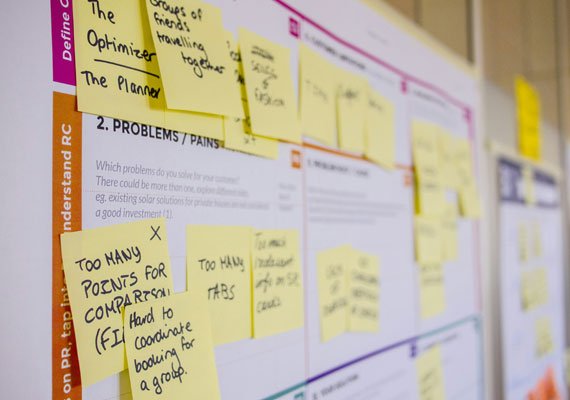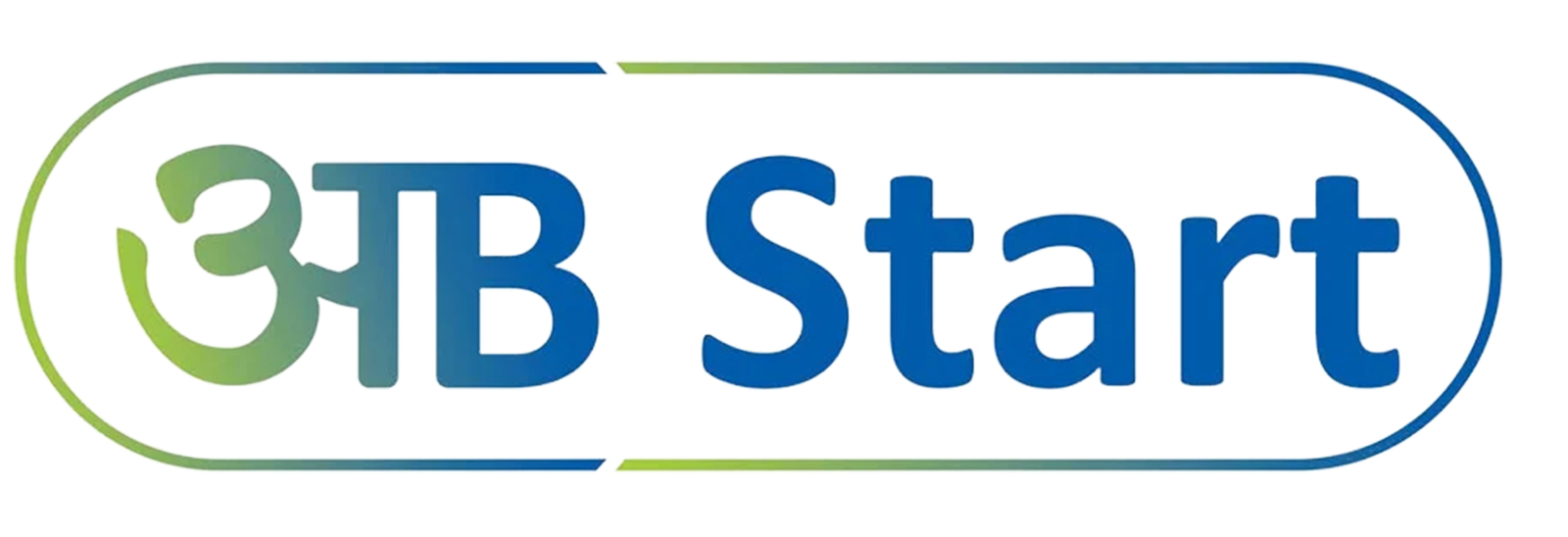Diversity Equity & Inclusion

Inclusive Equity Culture
Diversity, Inclusion, and Equity (DEI) represent a comprehensive approach to fostering a workplace environment that values and respects individual differences. Diversity encompasses the range of characteristics that make individuals unique, including but not limited to race, ethnicity, gender, age, sexual orientation, abilities, and perspectives.
Inclusion involves creating a culture where diverse individuals feel welcome, respected, and valued, allowing them to contribute their unique talents and perspectives. Equity focuses on ensuring fairness and impartiality in the treatment of all individuals, addressing systemic barriers and providing equal opportunities for success within the organization.
Download Our Brochure
Diverse Inclusive Advantage
The benefits and importance of a strong DEI initiative for organizations are profound. Firstly, fostering diversity and inclusion enhances innovation and creativity by bringing together individuals with different perspectives and backgrounds. This leads to more robust problem-solving and a broader range of ideas. Secondly, a diverse and inclusive workplace contributes to improved employee morale, engagement, and productivity.
Employees feel a sense of belonging and are more likely to contribute their best work in an environment that values their unique contributions. Thirdly, organizations that prioritize equity and inclusion are better positioned to attract and retain top talent, as individuals increasingly seek workplaces that align with their values and prioritize a culture of fairness. In summary, DEI is not just a moral imperative but a strategic advantage for organizations, driving innovation, employee satisfaction, and overall success in today’s diverse and dynamic business landscape.



